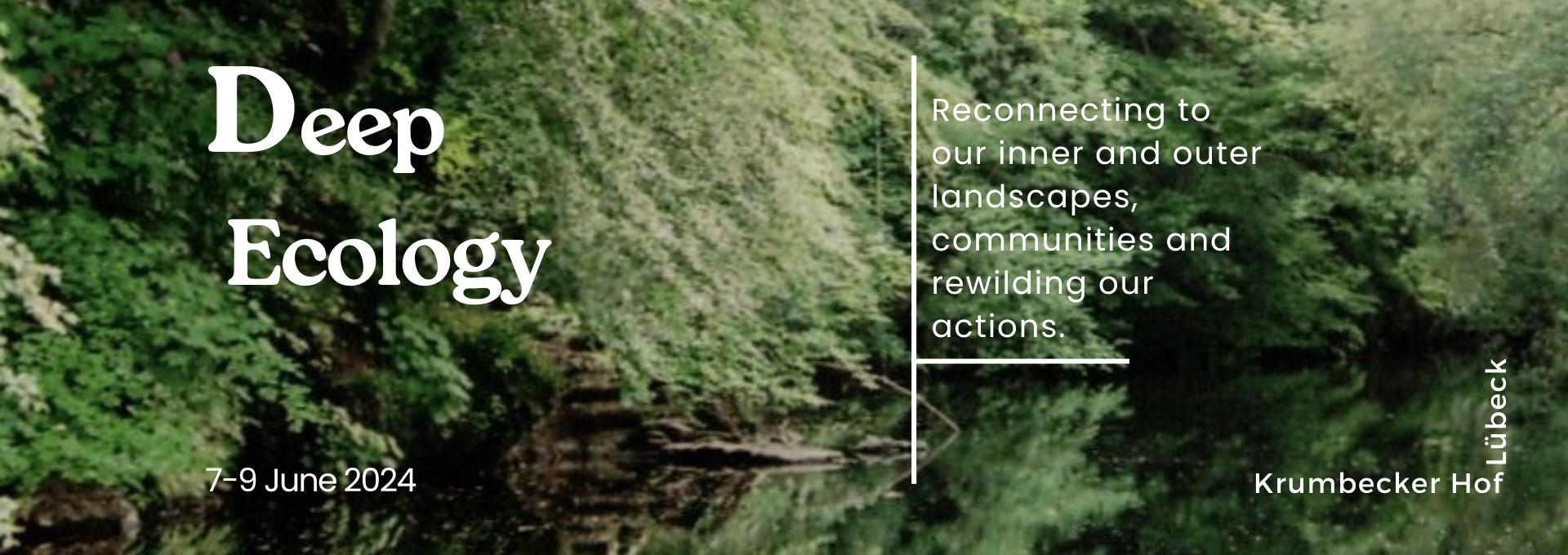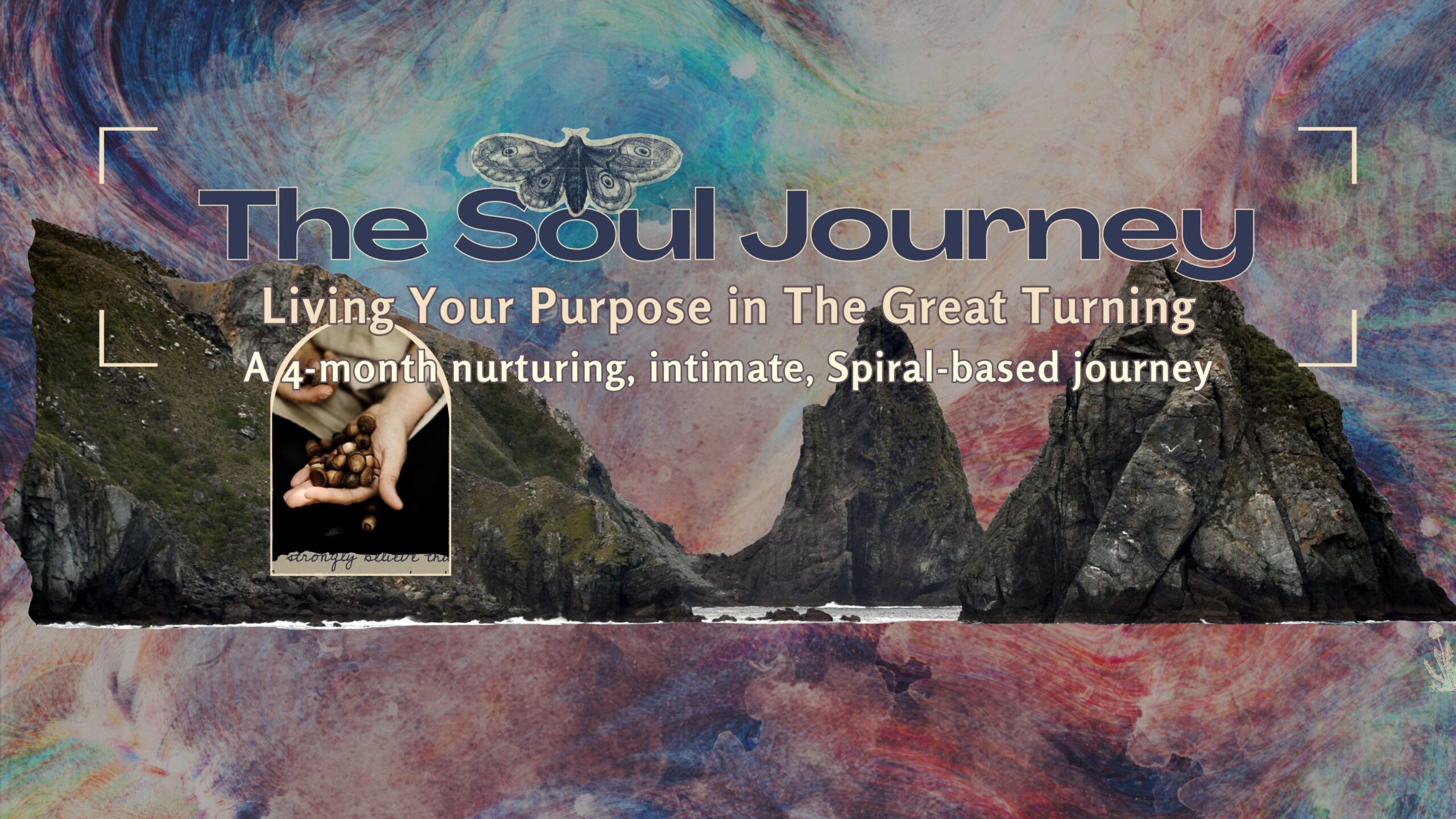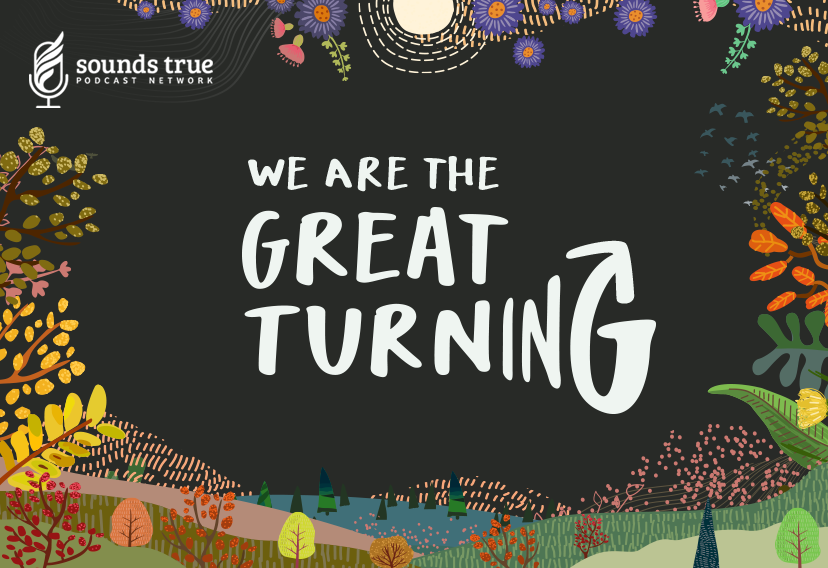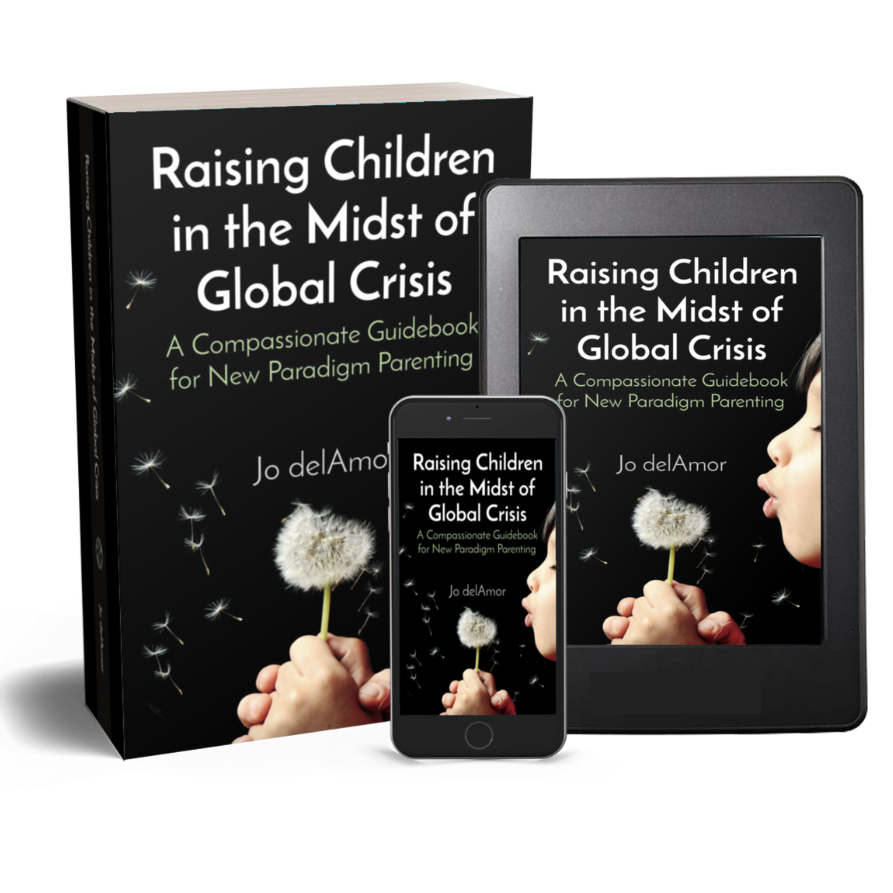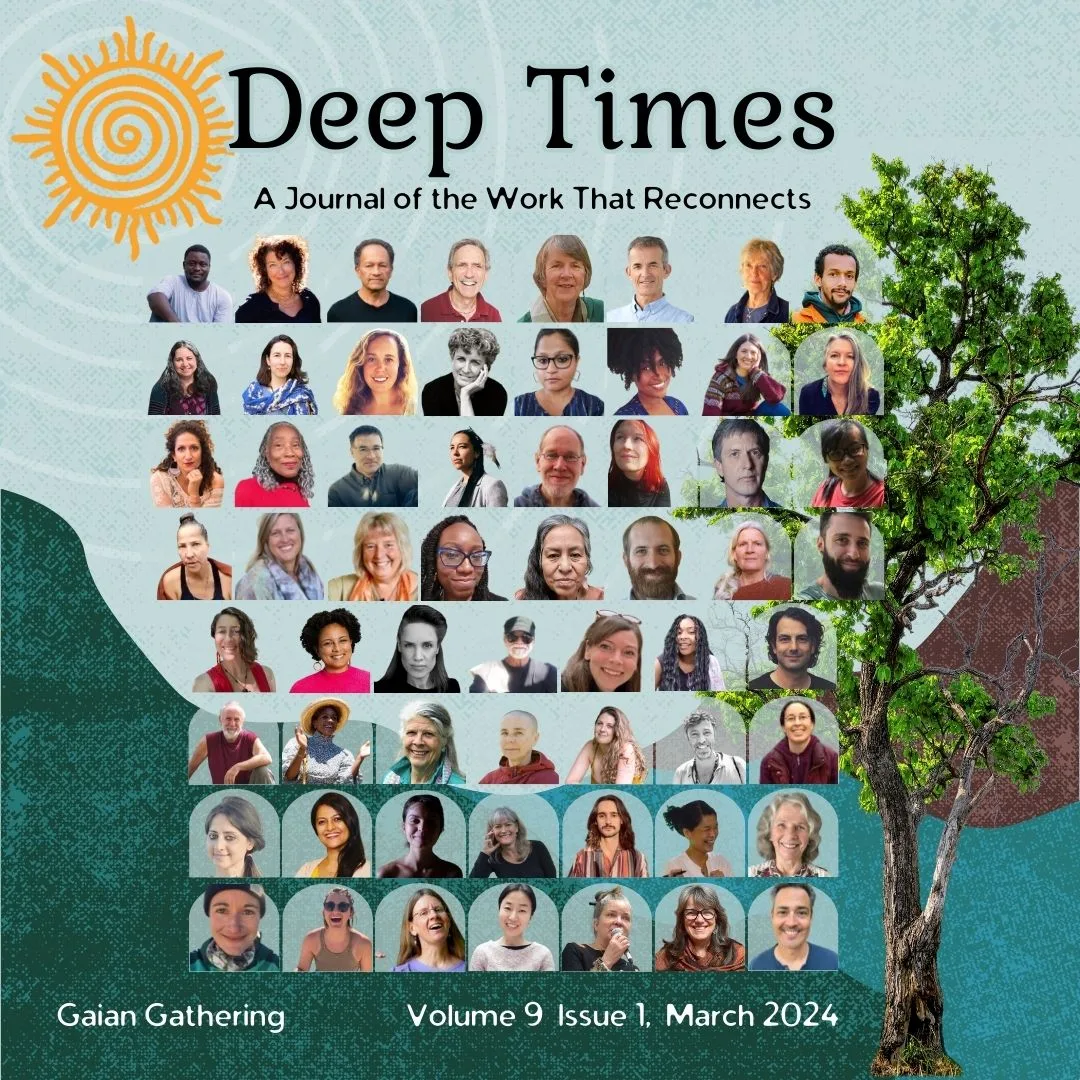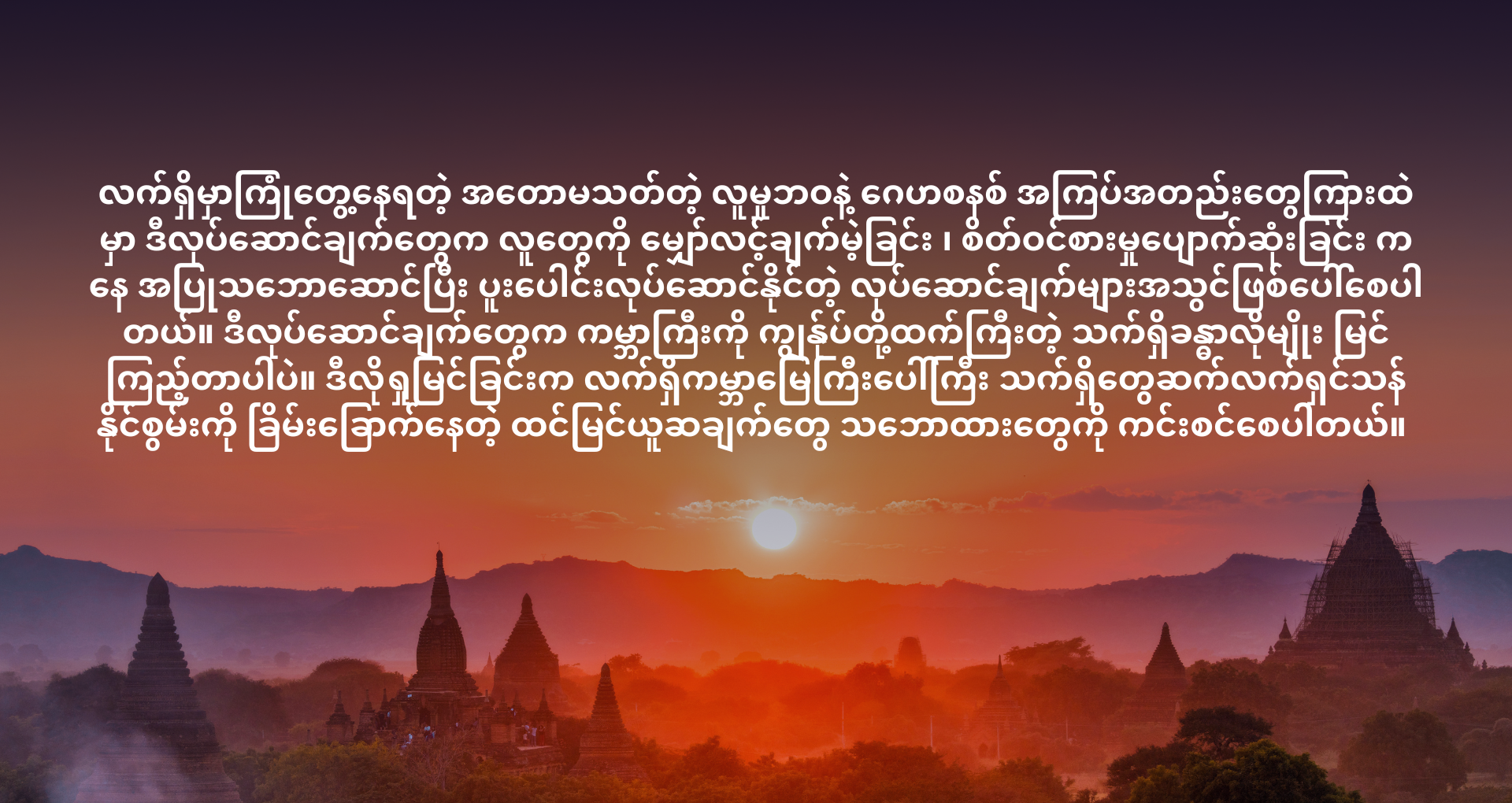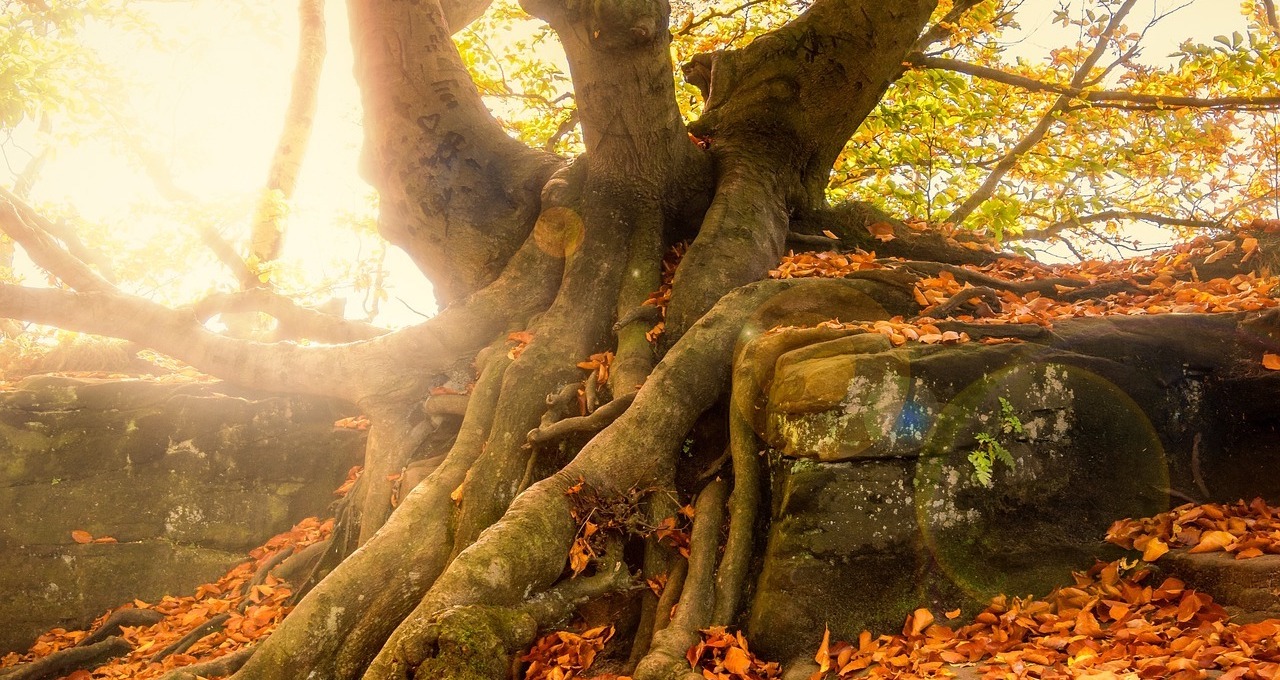- Foundational Material
- Grounding in Gratitude
- Emerging Facilitators
- Facilitators
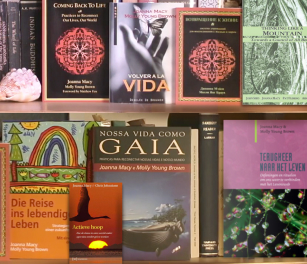
Gratitude Teaching Points
from chapter 6 of Coming Back to Life by Joanna Macy and Molly Brown; second edition, published 2014. Please acknowledge the source when sharing this content.
- The originating impulse of all religious and spiritual traditions is gratitude for the gift of life. Yet we so easily take this gift of life for granted, which perhaps is why many spiritual paths begin with thanksgiving, to remind us that for all our woes and worries, our existence itself is an unearned benefaction. In Tibetan Buddhism, for example, we are to pause at the start of meditative practice and reflect on the preciousness of a human life. This is not because we humans are morally superior to other beings, but because we can “change the karma.” In other words, with self-reflexive consciousness, we are graced with the capacity for choice – to take stock of what we are doing and change directions. We may have depended primarily on instinct for eons of lifetimes as other life forms, but now at last we are granted the ability to consider and judge and choose. Weaving our ever-complexifying neural circuits into the miracle of self-awareness, life yearned through us for the ability to know and act and speak on behalf of the larger whole. Now that time has come, when by our own decision we can consciously enter the dance.
- In times of turmoil and danger, gratitude helps to steady and ground us. It brings us into presence, and our full presence is perhaps the best offering we can make to our world. In Buddhist practice, that first reflection on the preciousness of human life is immediately followed by a second one, on its brevity. “Death is certain; the time of death is uncertain.” And that reflection awakens us to the gift of the present moment – to seize this unrepeatable chance to be alive—right now.
- That our world is in crisis – to the point where survival of conscious life on Earth is in question – in no way diminishes the wonder of this present moment. For the great open secret is this: gratitude is not dependent on our external circumstances. It does not depend on whether we like where we are or approve of what we are facing. On the contrary, to us is granted the great privilege of being on hand to take part, if we choose, in the Great Turning. We can let the hardships of this time enlist all our strength, wisdom, and courage, so that life can continue.
- Gratitude is politically subversive in the Industrial Growth Society. It helps inoculate us against the consumerism upon which corporate capitalism depends. It serves as a counterweight to the dissatisfaction with what we have and are, the craving and neediness inflamed by our political economy.
- Gratitude is at the core of indigenous culture on Turtle Island (North America). Among the Haudenosaunee in particular, this is seen as a sacred duty. At the beginning of virtually every meeting or ceremony, thanks and greetings – “the words that come before all else”—are offered to all that gives life: from our eldest brother, the sun, to water, winds, plants, animals, and Grandmother Moon.
Perhaps this practice can help us understand the remarkable self-respect and dignity of those native people who have not been defeated by centuries of broken promises and cultural genocide. It would seem that gratitude—and the dignity and self-respect it engenders—has helped them survive. And that is an inspiration for all of us as we face the Great Unraveling and the suffering it brings.
There is so much to be done, and the time is so short. We can proceed, of course, out of grim and angry desperation. But the tasks proceed more easily and productively from an attitude of thankfulness; it lets us rest in our deeper powers.
“Let the beauty we love be what we do.
There are hundreds of ways to kneel and kiss the ground.”
– Rumi
Facilitating Gratitude Practices
Coming from gratitude begins with the guide’s warm welcoming of each person. To evoke at the outset the love we share for life in Earth relaxes and enlivens us all. It also opens us all to our pain for the world, because knowing what we treasure triggers the knowing of how endangered it is.
In comments and instructions, take care not to tell people what to feel. This is true in every stage of the Spiral; in this stage, to over-name gratitude can sound both pious and flat. Allow feelings to arise and be named by participants.
